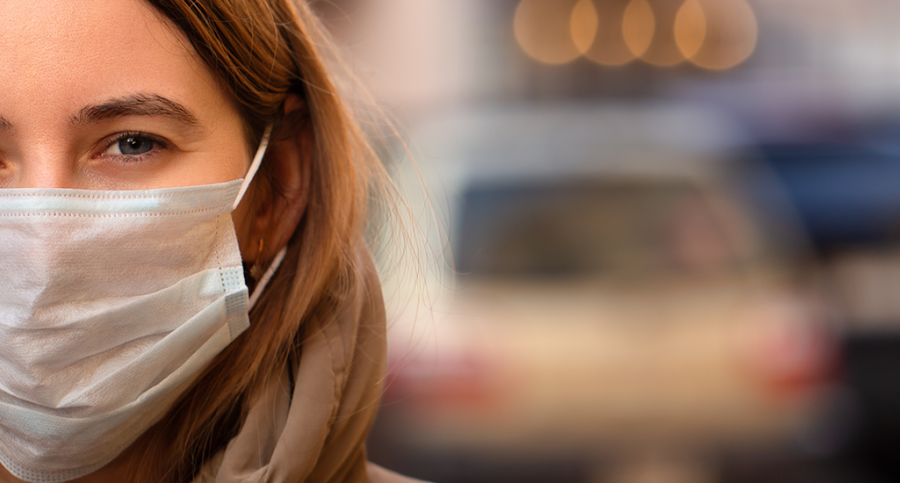Wear your mask
Photo by and used with permission of PA.gov
Masking has been now lessened, with students and staff now having the choice to be mask optional. The recent change has prompted new debate and discussion towards masking.
There is more to being an anti-masker than just being against masks. Being an anti-masker goes against everything we are taught from a young age: kindness, understanding, and basic compassion. If you choose not to wear a mask you are hurting my mom, you are hurting my dad, you are hurting my grandparents, you are hurting me, and you are hurting everyone you love.
Even though most people are a little uncomfortable with the new adjustment, nearly ⅔ of Americans wear their mask in stores. If that many people can wear a mask with no problem, then why do anti-maskers have such a big problem with putting on a mask? Amidst a global pandemic, anti-maskers are not only being ignorant, but they are also being extremely selfish.
Although there is no guarantee that wearing a mask will prevent COVID-19, wearing a mask significantly lowers the chances of spreading the virus to other people and even to oneself. In fact, by wearing a mask the risk of infection is 65% less than if one were to not wear a mask, according to a study done by UC Davis. However, some people can not wrap their heads around the idea that wearing a mask is more for other people’s safety rather than their own.
By not wearing a mask people are being inconsiderate to everyone around them. According to the CDC (Centers for Disease Control and Prevention) as well, they “recommend that people wear masks in public settings and when around people who don’t live in [the same] household, especially when other social distancing measures are difficult to maintain. Masks may help prevent people who have COVID-19 from spreading the virus to others.”
Despite these proven facts, people still argue about wearing a mask because they believe it infringes upon their first amendment rights. They argue that a mask makes it difficult to breathe or that a mask limits their ability to do their daily tasks. However, according to a study by Sanford Health, “Wearing a mask really has no impact on overall quality and ability to breathe. Sometimes there can be a perception that it may be difficult, but research shows there is no change in ability to breathe.”
Furthemore, in Asian countries, wearing a mask is a regular practice if someone is sick. So countries like South Korea, Japan, and even China, where the Coronavirus started, have seen a significant decline in COVID-19 cases compared to the COVID-19 cases which are still rising in the US. If mask wearing is not stigmatized in Asian countries, why is it stigmatized in the United States?
Wearing a mask has also become a political debate, when in reality it is a health crisis. By opting to not wear a mask because you lean a certain way, you are jeopardizing others’ health for the sake of supporting a certain political party.
So the next time you decide not to wear a mask, think about the 50,000 Americans in the hospitals and think about all the rising COVID-19 cases. The next could be your grandma.

As a senior, this is Sreelikhi's third year on staff and second year as the Spotlight Editor. She is a member of the Varsity Tennis team, a member of the...

